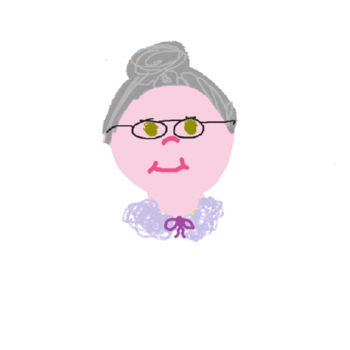If the statement “The queen of England is Diana” is false, then the statement, “It is not the case that the queen of England is Diana” is what type of conjunction?
1 Answer
There is no conjunction found in this question.
The adverb "then" is "masquerading" as a conjunction,
Explanation:
The question makes sense until it comes to the last "is" (If the statement “The queen of England is Diana” is false, then the statement, “It is not the case that the queen of England is Diana” is...). When we get to "what type of conjunction?" which seems to be the basis of the question, does not complete the preceding part of the sentence.
The statement " If the statement “The queen of England is Diana” is false, then the statement, “It is not the case that the queen of England is Diana” is... " should be completed and the question "What type of conjunction?" should be a separate sentence.
Taking all of that into consideration, let's look at the adverb "then" that appears to be a conjunction (a coordinating conjunction connecting two independent clauses). However, a conjunction can't be moved around in a sentence but an adverb can; for example:
-
If the statement “The queen of England is Diana” is false, the statement, “It is not the case that the queen of England is Diana” is then true.
-
If the statement “The queen of England is Diana” is false, the statement, “It is not the case that the queen of England is Diana” is true then.
The sentence can also be correct when the adverb is removed:
- If the statement “The queen of England is Diana” is false, the statement, “It is not the case that the queen of England is Diana” is true.

